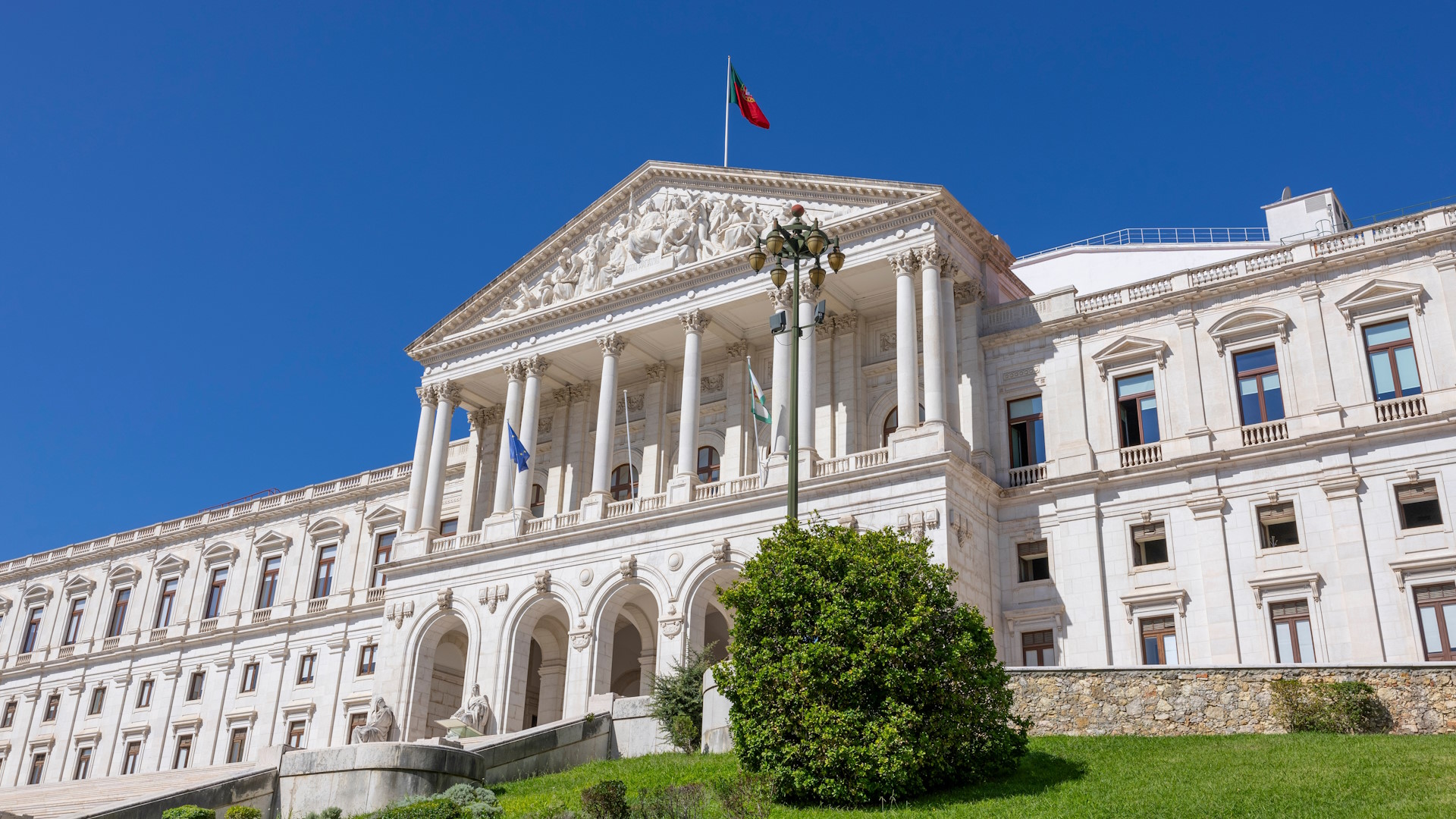Edit (2024, November 21)
The 2025 Budget law in fact does not impact B2G (business-to-government) transactions, as public procurement is not covered under this legislation. Instead, the law affects B2B transactions, where a requirement to use a Qualified E-Signature (QES) for PDF invoices was initially set to take effect on January 1, 2025. This obligation has been postponed to January 1, 2026, and companies will be allowed to keep using PDF invoices with no signature until then.
The requirement for B2G e-invoicing to use “true” electronic invoices, with PDFs no longer permitted, is still set for January 1, 2025. The Invoicing Hub will closely monitor any updates on this deadline, as it was postponed at the very last minute last year, in the final days of December.
Original news
The Portuguese government has repeatedly established—and subsequently postponed—a deadline for mandatory e-invoicing in B2G transactions. Although the requirement now applies to large companies, the original deadline for small & medium suppliers of the public sector was January 1, 2021, now resulting in a cumulative delay of five (!) years.
The goal of the Portuguese e-invoicing mandate was to mandate the use of structured CIUS-PT invoice formats based on EN 16931 standards. While it didn’t enforce a specific delivery method or central platform, the government introduced a voluntary platform, “FE-AP,” for public recipients. Other public entities could be reached directly (via point-to-point connections) or through third-party platforms.
However, with this new delay, these efforts are largely undermined, as small & medium companies can continue sending PDFs via email to public administrations until December 31, 2025, as established in the 2025 Budget (article 88) passed earlier this month.
The only current requirement is for PDF invoices to include a QR code generated by certified software.
For more details on e-invoicing in Portugal, check out the corresponding Country Profile.




